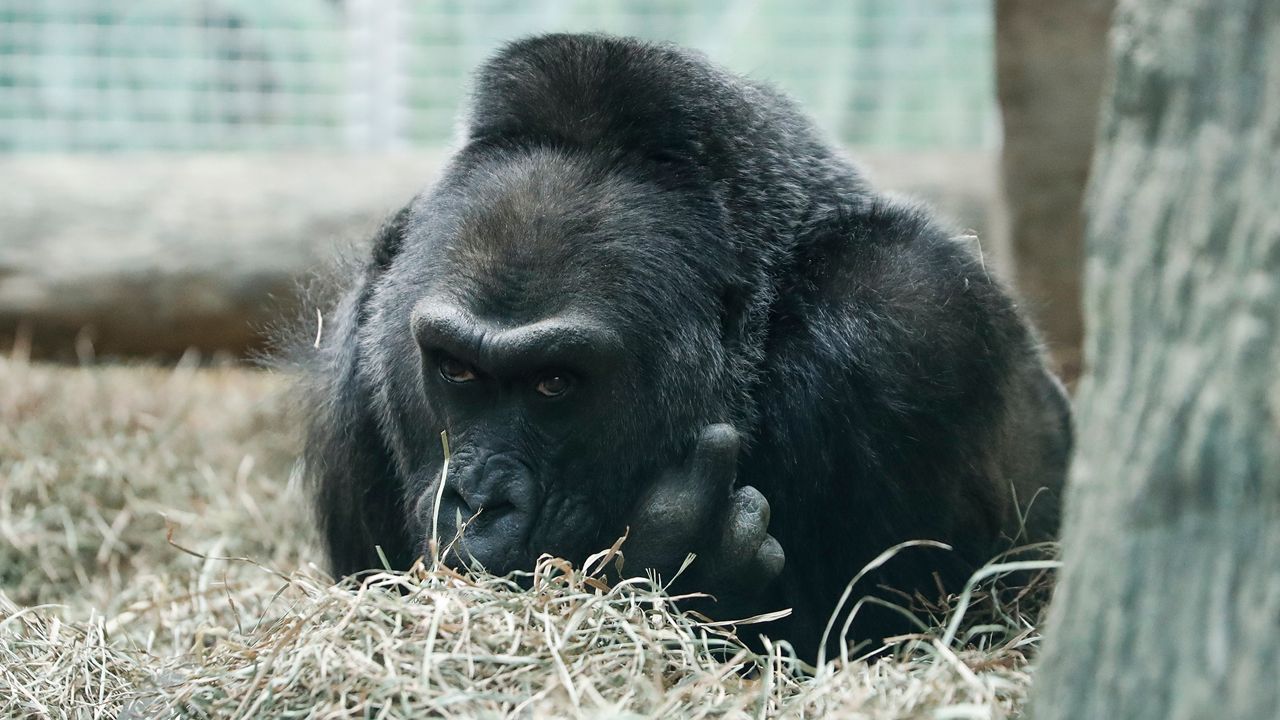COLUMBUS, Ohio — The Columbus Zoo and The Wilds announced Monday some animals will be receiving the COVID-19 vaccine.
High-risk species will receive the vaccine first, including great apes and big cats — lions, tigers, leopards and cheetahs.
"The selection of species is determined by scientific information about animals that have shown COVID-19 symptoms or illness that has been shared among the zoological veterinary community," Columbus Zoo officials said in a press release.
The zoo plans to use a vaccine provided by New Jersey-based Zoetis, which is specifically designed for animals.
Vaccines are common in the zoo as part of its health care program for animals. Some animals have been trained to receive vaccines voluntarily, like lions, polar bears, elephants, cheetahs and hyenas.
So far, there have been no reports of COVID-19 infections at the Columbus Zoo.
“Our goal is to provide the best care for all the animals at the Zoo and The Wilds. While we don’t have the vaccine in-house yet, we have thoughtfully mapped out a plan once it arrives,” said Dr. Randy Junge, the vice president of Animal Health at the Columbus Zoo and Aquarium. “This proactive approach allows us to protect those species which are susceptible to the virus. It's another layer of protection for them, our staff, and guests."
Once the vaccines do arrive, there will be two doses given over a three-week period.
There is limited research available on how COVID-19 affects and is transmitted in animals, but there have been cases of outbreaks, such as the one an an India tiger reserve in early June.
Efforts to vaccinate zoo animals from COVID-19 have ramped up in recent months in the U.S. The Cincinnati Zoo began training great apes, hippos, giraffes and more to voluntarily receive the vaccine last week.
The Oakland Zoo has begun inoculating big cats, bears and ferrets. Zoos in Denver and in Wisconsin plan to begin the process soon.
“This is a win-win situation for the animals and staff because it is a positive experience and reduces stress for both. This is an excellent example of how incredible bonds and positive reinforcement training allow keepers and the Animal Health team to provide the best care and treatment to all the animals under our care," said Dr. Priscilla H. Joyner, director of Animal Health at The Wilds.
The Associated Press contributed to this story.



